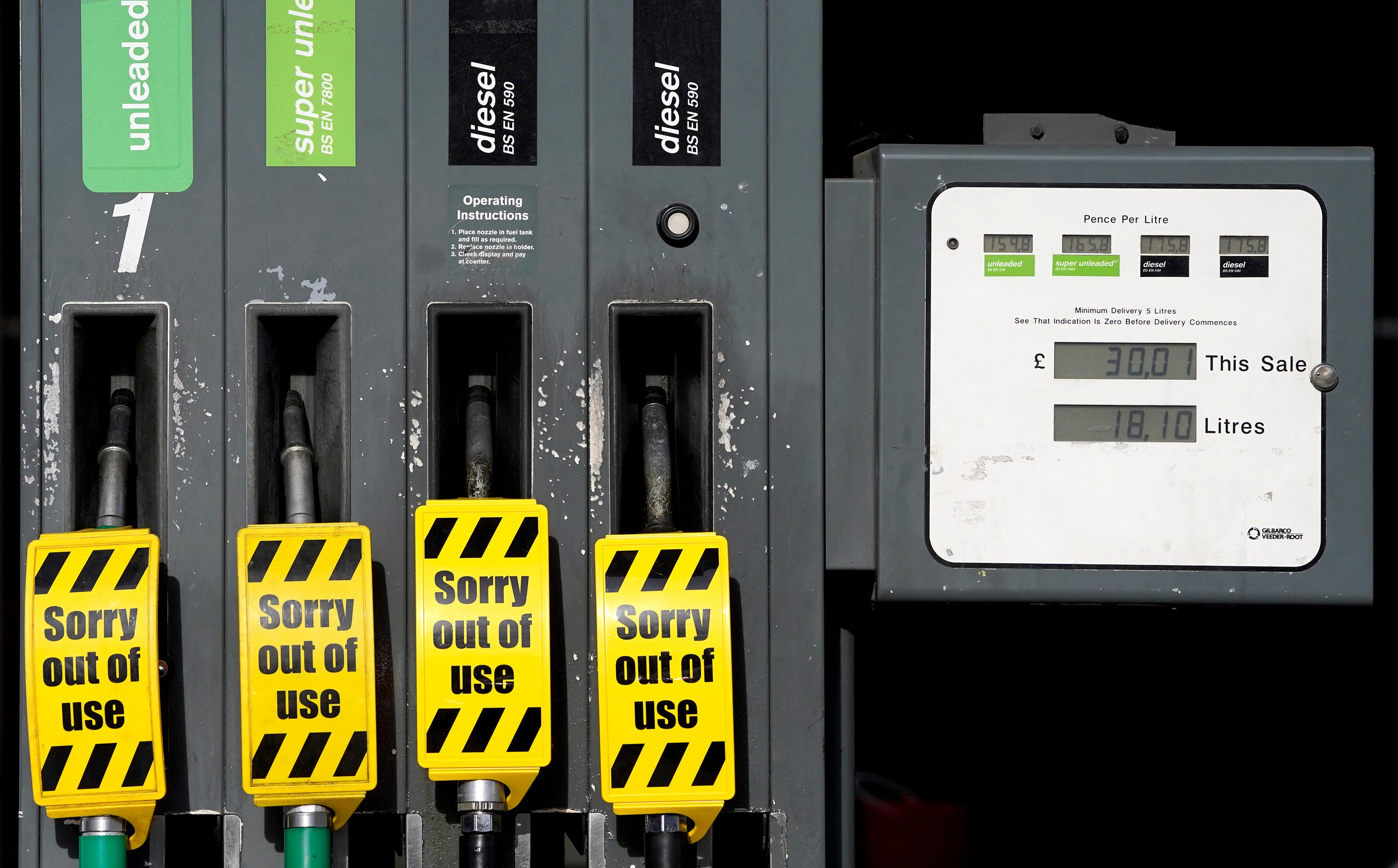Where will Europe buy oil after ban on Russian imports?
An embargo on Russian oil will send living costs higher while doing little to stop Putin’s war machine, reports Ben Chapman


The EU has announced plans to ban all Russian crude oil along with refined products such as petrol and diesel over the next nine months, dramatically ramping up western efforts to financially squeeze Vladimir Putin and end Europe’s dependence on Russian energy.
However, experts are sceptical that an embargo will be effective in depriving Putin of the funds he needs to fight a protracted and bloody war in Ukraine.
They warn that it will be very difficult to stop Russian oil from entering the EU, and that the Kremlin will still be free to sell oil to much of the rest of the world.
What does it mean for Europe?
In short: more expensive fuel.
News of an EU ban pushed oil prices up on Wednesday morning as markets processed the likelihood of further disruption to oil supplies.
The price of Brent crude, a key international benchmark, jumped 3.6 per cent to $108 (£85.60) a barrel by mid-afternoon, while West Texas Intermediate was up 3.8 per cent.
If a ban goes ahead, prices that have already risen sharply in the wake of Russia’s invasion of Ukraine are more likely to remain elevated. Over the coming weeks, that would feed through to pump prices, meaning further rises in the cost of petrol and diesel.
Higher fuel prices will in turn put further upward pressure on the prices of other goods, as transport and energy costs rise.
Diesel, which is the primary fuel for lorries, has jumped even more than petrol prices this year, as the global economy continues its recovery from the pandemic, pushing up demand. Those diesel supplies could be put under further strain if a ban is implemented, says Alan Gelder, an oil industry expert at Wood Mackenzie.
He points out that several refineries in Germany and Italy are owned by Russian companies and have been set up specifically to refine Russian crude.
It is possible that they could be reconfigured to process Middle Eastern blends, which have similar characteristics, but they may stop refining altogether.
Where will Europe buy its oil?
Europe has resisted a ban on Russian imports until now because the continent is so dependent on them. More than a quarter of the EU’s crude imports and 15 per cent of its refined oil products come from Russia.
To replace those imports, European buyers are likely to look to the North Sea, North America, Brazil and the Middle East, according to Giovanni Staunovo, Oil Strategist at UBS.
“Essentially, what will happen is that, if Europe buys more from those countries, other buyers will take less as there is no additional supply available,” says Staunovo.
The EU also hopes that it can draw further on strategic reserves of oil set aside to help smooth out supplies. The US is expected to send a greater share of releases from its Strategic Petroleum Reserve (SPR) to Europe following the EU ban.
In total, IEA (International Energy Agency) member nations have around 1.5 billion barrels of oil held in reserve. If all of that were released, it would be enough to replace Russian exports for a year.
Will the ban hurt Putin?
A ban may be effective in limiting Europe’s dependence on Russian oil, but billions of dollars will still be flowing from EU countries in exchange for gas.
The Kremlin will also be able to continue to sell oil to countries outside Europe.
Analysts expect Russian oil to flow in greater volumes to India, China, and other Asian countries that have not imposed sanctions. As a result of sanctions, Russia’s main oil blend, Urals crude, is trading at a steep discount compared with European, Middle Eastern and US oil.
Therefore, Asia will get cheaper oil from Russia, while Europe will be forced to pay a premium to buy from elsewhere. Middle Eastern barrels that would previously have gone to Asia will now go to Europe.
“We expect Russian exports will be down a small amount, but not by much,” says Gelder. “The result is that costs will be higher because the global system for supplying oil will become less efficient.”
Is an embargo enforceable?
It will be difficult, if not impossible, to ensure that no Russian oil enters the EU. The question is how “leaky” the border will be.
If Russia continues to sell its crude at much lower prices than Europe is paying, the financial incentives to covertly bring Russian oil products into the EU become significant.
Claus Vistesen, chief eurozone economist at Pantheon Macroeconomics, says he is doubtful that a strict embargo will be enforced.
“If Europe went cold turkey on Russian oil, the impact is easy to model. You would have an instant recession. That is why they are trying to phase things in. I’m not convinced that this embargo is going to be very effective. I think you will have a lot of leakages.”
He points to central European countries, such as Slovakia, which are the most reliant on Russian oil and are calling for as long as three years to implement a ban.
If those countries were allowed to continue to import Russian oil while other member states had already imposed a ban, any embargo could be undermined, says Vistesen.
Alan Gelder at Wood Mackenzie says flows into central Europe are primarily through pipelines, and therefore should be easier to monitor than oil sent on ships, but he also warns that embargoes are “never watertight”.
“Iran is under very heavy sanctions, but that has not resulted in a complete shutdown of Iranian oil exports,” he says. “What is being imposed against Russia is far less extreme.”






Join our commenting forum
Join thought-provoking conversations, follow other Independent readers and see their replies
Comments